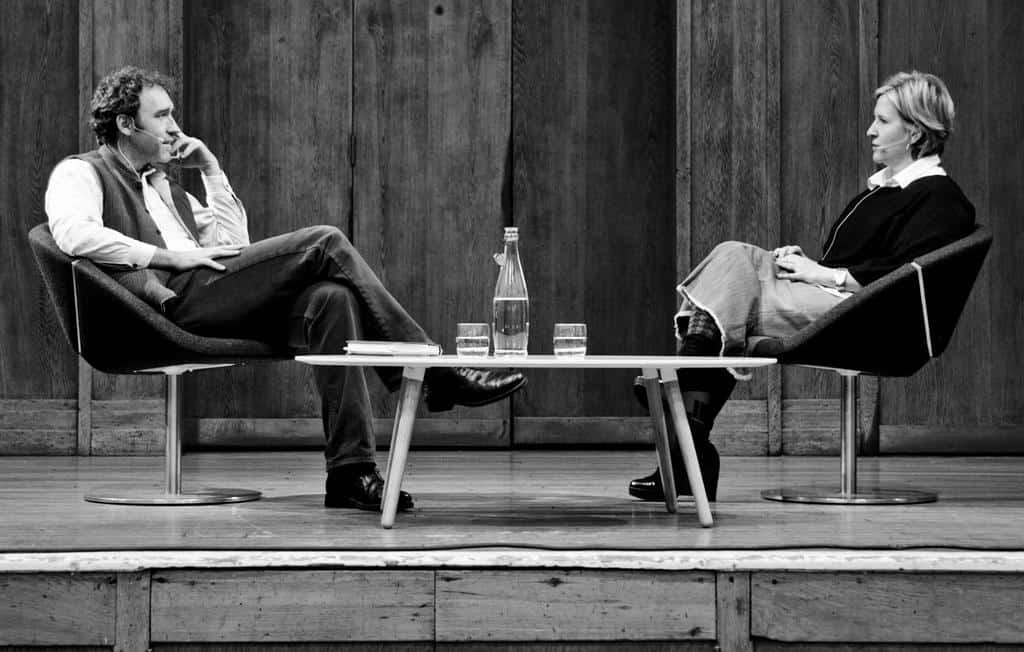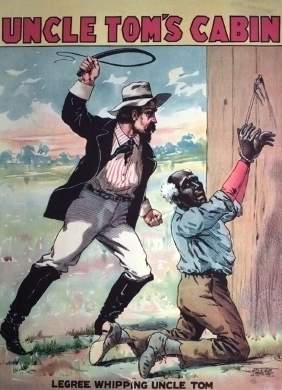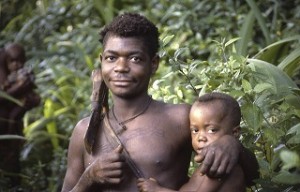Here is the video of a talk I gave on my latest book, How to Find Fulfilling Work, at the Union Chapel in London in May. Filmed live in front of nearly 1000 people, it was part of the launch of The School of Life’s practical philosophy book series, edited by Alain de Botton and published by Macmillan. In 15 minutes I offer five essential ideas for career change, drawing on career advice from Leonardo da Vinci, Aristotle and a woman who gave herself the unusual 30th birthday present of trying out 30 different jobs in one year – a radical sabbatical.
There were five other talks on the night, each of them full of wise, witty and useful ideas for the art of living:
Alain de Botton on How to Think More About Sex
Philippa Perry on How to Stay Sane
John-Paul Flintoff on How to Change the World
Tom Chatfield on How to Thrive in the Digital Age
John Armstrong on How to Worry Less about Money
My book How to Find Fulfilling Work is also available in several translations, including Spanish, Catalan, Portuguese and German. This weekend I’ll be launching the Dutch edition at the LIFE! philosophy event in Amsterdam.
And for anybody who missed it, I recently had a new article on The Six Habits of Highly Empathic People published by the good folk at the Greater Good Science Center, at the University of California.
Happy viewing, reading and living…


